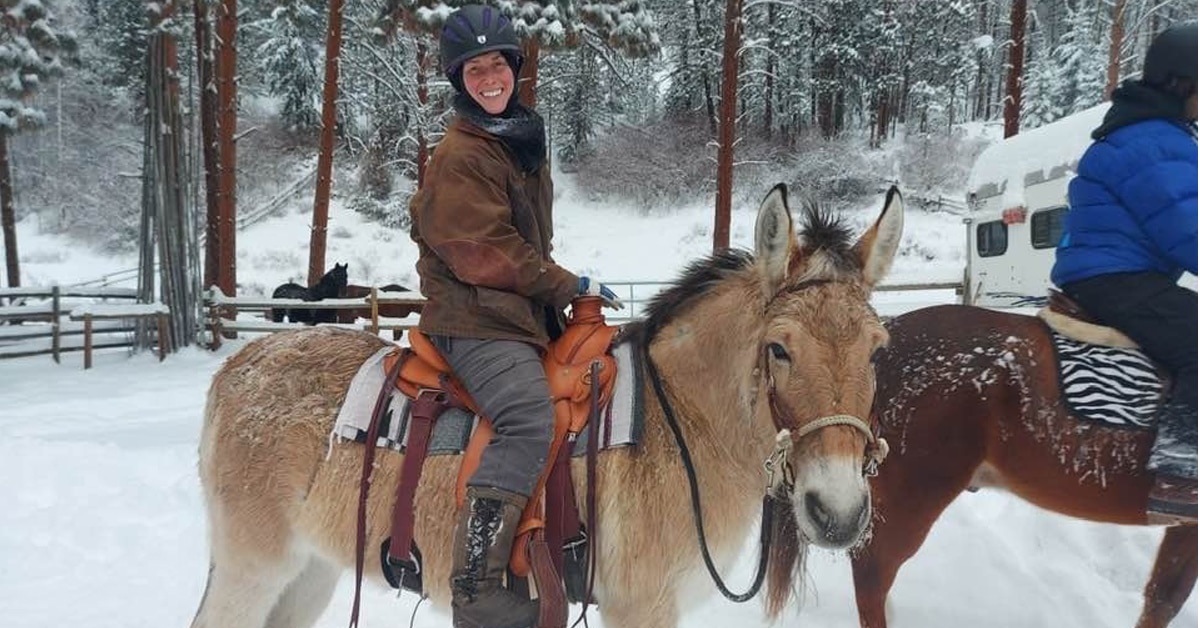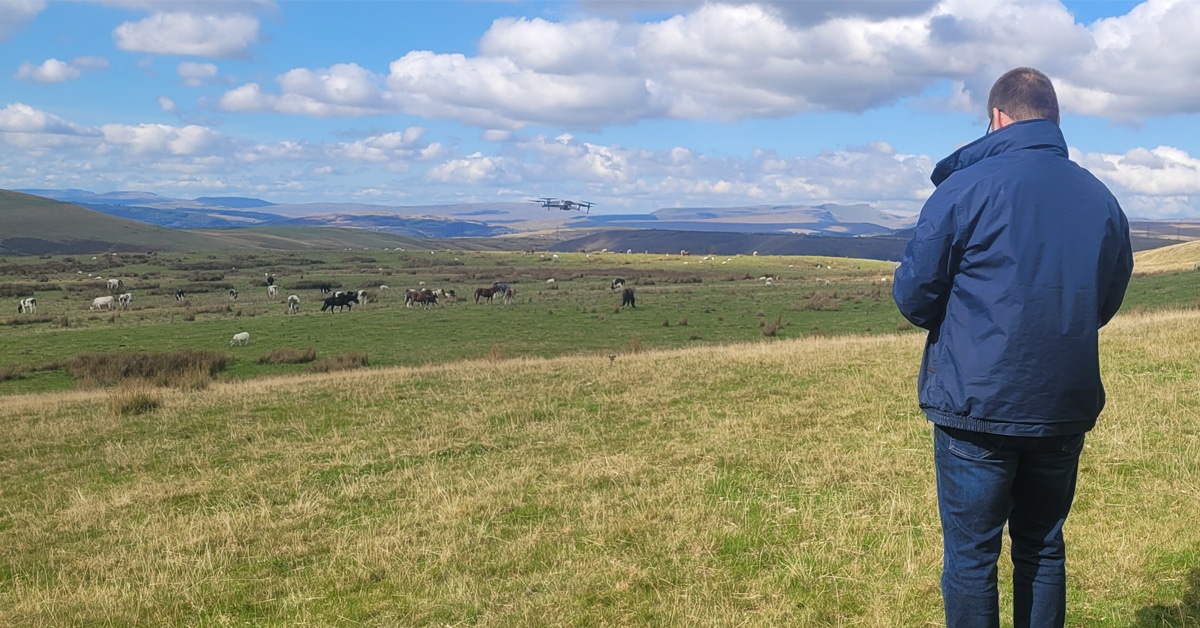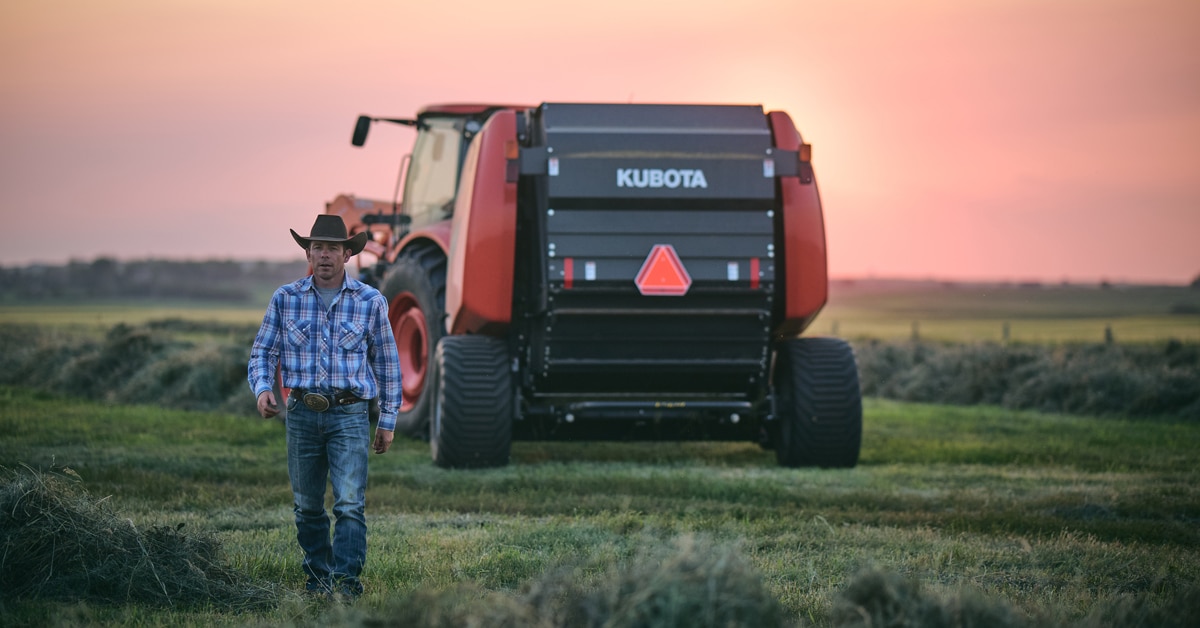Health Canada has been regulating the use of natural health products (NHPs) for humans since 2004. They set up the Natural Health Products Directorate (NHPD) in response to various claims made by companies, mainly from outside of Canada, about vitamins and supplements to be sold here. As stated on the NHPD website, their role is “to ensure that Canadians have ready access to natural health products that are safe, effective and of high quality while respecting freedom of choice.” Initially, this was not well-received by the NHP industry and its consumers. Websites went up rallying against the various regulations proposed by the government and stories started to circulate about people being fined or put in jail for giving vitamin C to their kids for a cold. It really was a wild time for anyone involved.
Now that we have come several years down the road, and the regulations are fairly ironed out for humans, the government has started regulating the animal supplement market, including oral and topical products for use in cats, dogs and horses not intended for food. The Interim Notification Program (INP), which is currently in development with Health Canada for animals, involves identifying vitamins/supplements with Low Risk Veterinary Health Product (LRVHP) numbers. The goal of this program is to put in place quality control measures that will allow for: the monitoring of imported and domestic products, recall requirements, adverse effect reporting procedures and, to a lesser extent, health claim verification. This process is being modeled after the work done to regulate NHPs for humans.
Ensuring Product Safety
Health claims for animal supplements can be based on either modern scientific research, or on traditional use. The regulation of natural health products follows the same protocols as used for humans. If a product is based on modern research you will see wording such as: “regulates histamine to promote respiratory health.” If it is a traditional claim, you will see wording such as: “used in traditional herbal medicine to promote bone health.” Either of these claims measures up to Health Canada evidence requirements for proof of safety and efficacy. Presently, natural health products can only make general health claims. For example, a product can claim to benefit the lungs, not that it can treat heaves.
At this point, the main focus of the program seems to be safety. If a product is to receive a LRVHP number, several quality control measures need to be in place. Good Manufacturing Practices (GMP) certifications must be instituted to make sure that products are not of a substandard quality. GMP methods for manufacturing supplements guarantee that a product contains a safe level of heavy metals, and that they are free of contamination from pesticides and bacteria. These certifications also guarantee that a product is free from controlled substances. This is vital for performance horses. This step alone can put to rest worries about drug testing and your horse’s supplements. GMP qualifications also help protect the manufacturer against unwarranted claims that they were responsible for a positive drug test. It truly is a win-win for the companies willing to take the steps to be certified by Health Canada for manufacturing and their consumers. Successful application will result in the issuance of a Notification Number (NN) from the third-party program administrator, North American Compendiums (NAC), a database-managing and publishing company with offices in Waterloo, Ontario, specializing in the veterinary health industry in the US and Canada.
Health Canada keeps an updated Notified Products List on the Low Risk Veterinary Health Products Interim Notification Program’s website, where consumers can check to see if products have received an NN. In the future, this NN will be found on the packaging of these products, as manufacturers phase out old labels and packaging. Health Canada states that “it is unlikely that a product satisfying their requirements could present a significant risk to the health of humans or animals.” If health concerns arise in your horse that you associate with the use of a product, and it has an NN with Health Canada, it can be tracked, which is certainly a benefit to your horse and your peace of mind.
List of Admissible Substances
At Health Canada, there is a List of Admissible Substances for natural health products for animals. This list contains hundreds of substances that are considered to be of minimal risk to animals, including horses. There are also substances that are considered inadmissible due to safety concerns. The herb horsetail (Equisetum arvense L.), for example, is considered specifically inadmissible for horses. While substances such as green tea (Camelia sinensis) extract and blue green algae (Aphanizomenon flos-aqua) are considered inadmissible for all animals. According to Health Canada, inadmissible substances are “substances determined to present an unacceptable health risk and/or requiring a higher level of oversight when administered to animals.” Substances on this list may have the potential risk of causing irreversible damage and be potentially lethal; they also have the potential of being contaminated by environmental toxins.
Pros and Cons for Manufacturers
This program is presently voluntary, but companies that ship their products into Canada are more likely to get denied access if they do not have registration with Health Canada. If an animal supplement company is a professional organization with the appropriate evidence and manufacturing processes for their products, there really isn’t any reason not to register with this program.
Omega Alpha Pharmaceuticals founder, Dr. Gordon Chang, has taken part in the program, although only on a limited basis so far. His company produces more than 40 equine supplements and he is the first to agree that the industry needs regulating. “You don’t want products out there that are a scam. The makers may have the best of intentions, but there is no science to back them up,” he warned. “Take the guy who’s making glucosamine sulphate out of his basement, for instance. It might say 5 grams of glucosamine on the label, when it really might have .5 grams, because glucosamine is expensive. If you have a regulated industry, you can get audited whenever the government wants. They will ask to see the batch sheets and compare them to the label.”
On the other hand, he believes the program is also a bit of a money-grab. “It has no official clout. You put in your $250 to register [a product]; then you fork out another $500 when it’s been blessed, and there’s a recurring fee every year of $250. If you’re going to make me pay $1,000, at least I should have some official status from the government.” Further, Dr. Chang identified an issue with the program which will prevent certain products from obtaining an NN. He explained, “There is a Chinese herbs database that has been blessed and considered safe. Then there is a chemical database that has been blessed and considered safe. But when you try to mix products from the two databases, they won’t register these products. Their regulatory procedures will not allow it. For instance, our Sinew-X has herbs, plus glucosamine, plus MSM; one or the other would be approved, but the fact that they are blended, the way they have structured their regulations, there’s no way.”
Dr. Chang believes the intentions behind the program are good, but said the actual program is far from perfect. “What they are trying to do is a first attempt to putting some order to these products, and creating a regulatory framework. Is it the best? No. Is it the worst? No. But there is definitely room for improvement. It will take time to become a workable system.”
Though at a very preliminary stage, the regulation of natural health products for animals is a step in the right direction. Quality controls and reporting procedures are important to the safety of your horses. For further information on approved products and substances, check out the Interim Notification Program for Low Risk Veterinary Health Products at: www.lrvhp.ca
Are Human Supplements Safe For Horses?
Just because a product is safe for a human, doesn’t mean it’s safe for an animal. There are substantial differences between the digestive systems of horses and humans. For example, the colon makes up approximately 45 per cent of the horse’s digestive tract, compared to 17 per cent in a human! This leads to substantial differences in absorption rates and break down of ingested substances. Where a human might tolerate limited amounts of things like mould and heavy metals, a horse is very different. That is why it is so important to assure a product is manufactured in a quality controlled facility with Good Manufacturing Practices standards.
Ed. Note: The Interim Notification Program will not affect the enforcement of the Feeds Act and Regulations or other legislation under the responsibility of the Canadian Food Inspection Agency (CFIA). Medicated feeds for horses must continue to meet the requirements of the Feeds Act and Regulations; for example, a feed manufacturer will not be able to add a product that has been assigned an NN to a commercial horse feed.
David Lloyd is a registered acupuncturist and herbalist practising in Ingersoll, Ontario. He has worked extensively with Natural Health Product regulation in Canada. He can be reached at www.whitecranemedicine.com
The Latest









